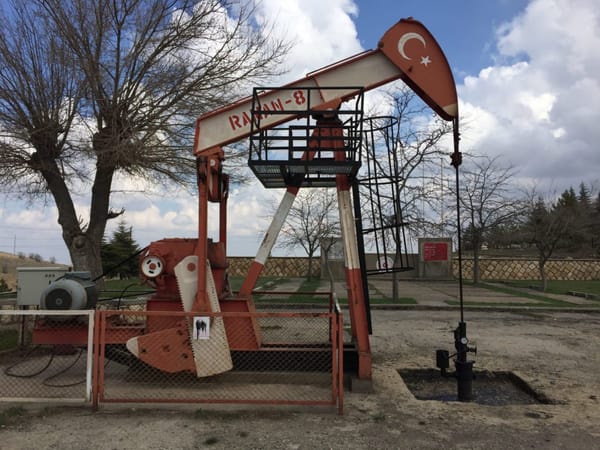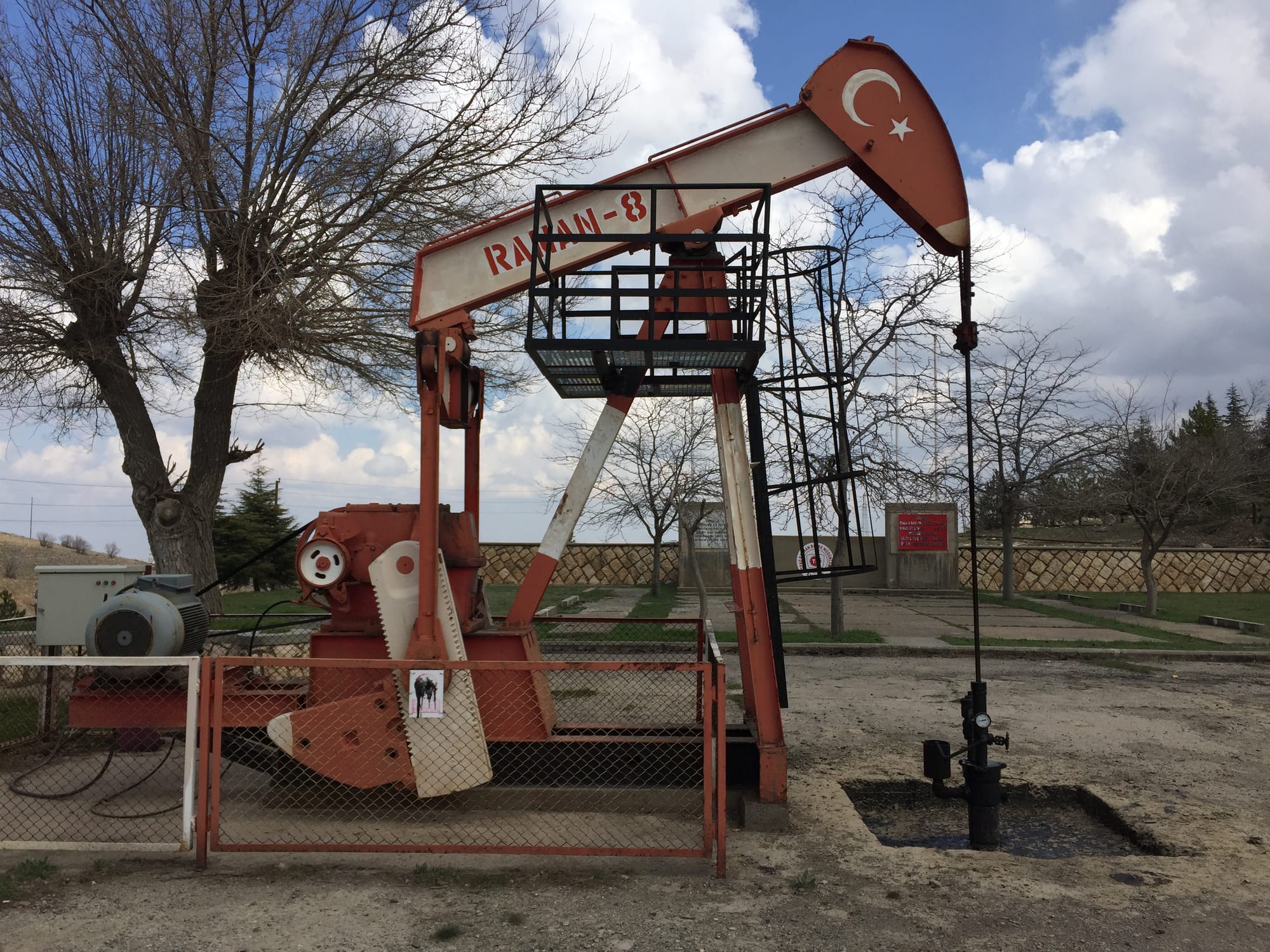The Unintended Consequences of Turkey’s Quest for Oil
The discovery of oil in Turkey's southeast encouraged state elites to imagine that development would lead to the assimilation of Kurds into Turkish culture and language. Instead, oil infrastructures and the resulting social changes had very different consequences. Zeynep Oguz explains the historical











